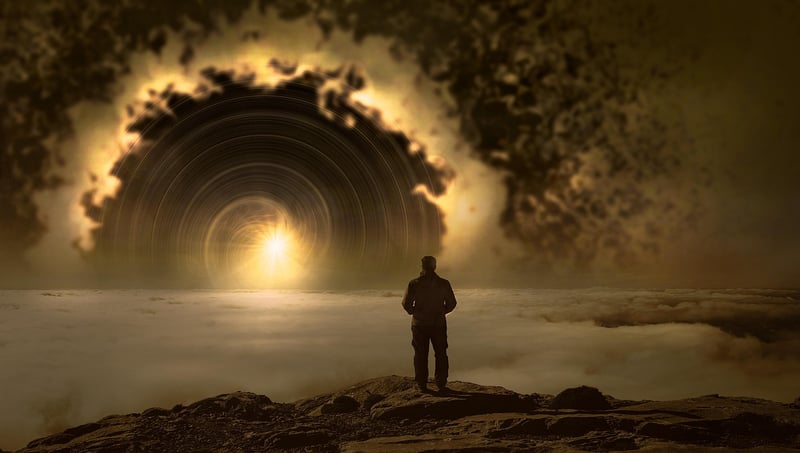Black Hole Research
Unveiling the Mysteries of the Cosmos: Black Hole Research
Embark on a journey through the vast expanse of the cosmos and delve into the enigmatic world of black holes. These cosmic phenomena, once shrouded in mystery, have captured the imagination of scientists and space enthusiasts alike. Join us as we uncover the latest research and discoveries that shed light on these fascinating cosmic entities.
What are Black Holes?
Black holes are regions in space where gravity is so intense that nothing, not even light, can escape its grasp. These celestial bodies form when massive stars collapse under their weight, creating a singularity with infinite density at its core. The boundary surrounding a black hole is called the event horizon, marking the point of no return.
Recent Discoveries
Recent advancements in technology have allowed scientists to observe black holes in unprecedented detail. One of the most groundbreaking discoveries was the first-ever image of a black hole captured by the Event Horizon Telescope in 2019. This image provided visual confirmation of these cosmic behemoths and opened new avenues for research.
Black Hole Research Initiatives
Research initiatives around the world are dedicated to studying black holes and unraveling their secrets. From gravitational wave detectors like LIGO and Virgo to space telescopes like Hubble and Chandra, scientists are employing various tools to study black holes across different wavelengths of light.
Future Prospects
The future of black hole research is promising, with upcoming missions set to further our understanding of these cosmic enigmas. Projects like the James Webb Space Telescope and the Laser Interferometer Space Antenna (LISA) aim to revolutionize our knowledge of black holes and the universe at large.
Join the Cosmic Exploration
Embark on a cosmic journey and explore the wonders of the universe with us. Follow the latest developments in black hole research and witness the unfolding mysteries of the cosmos.

Discover more about black holes and the cosmos at NASA's Black Holes Page.
